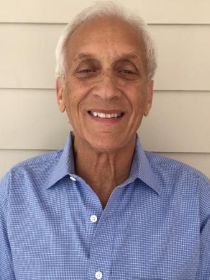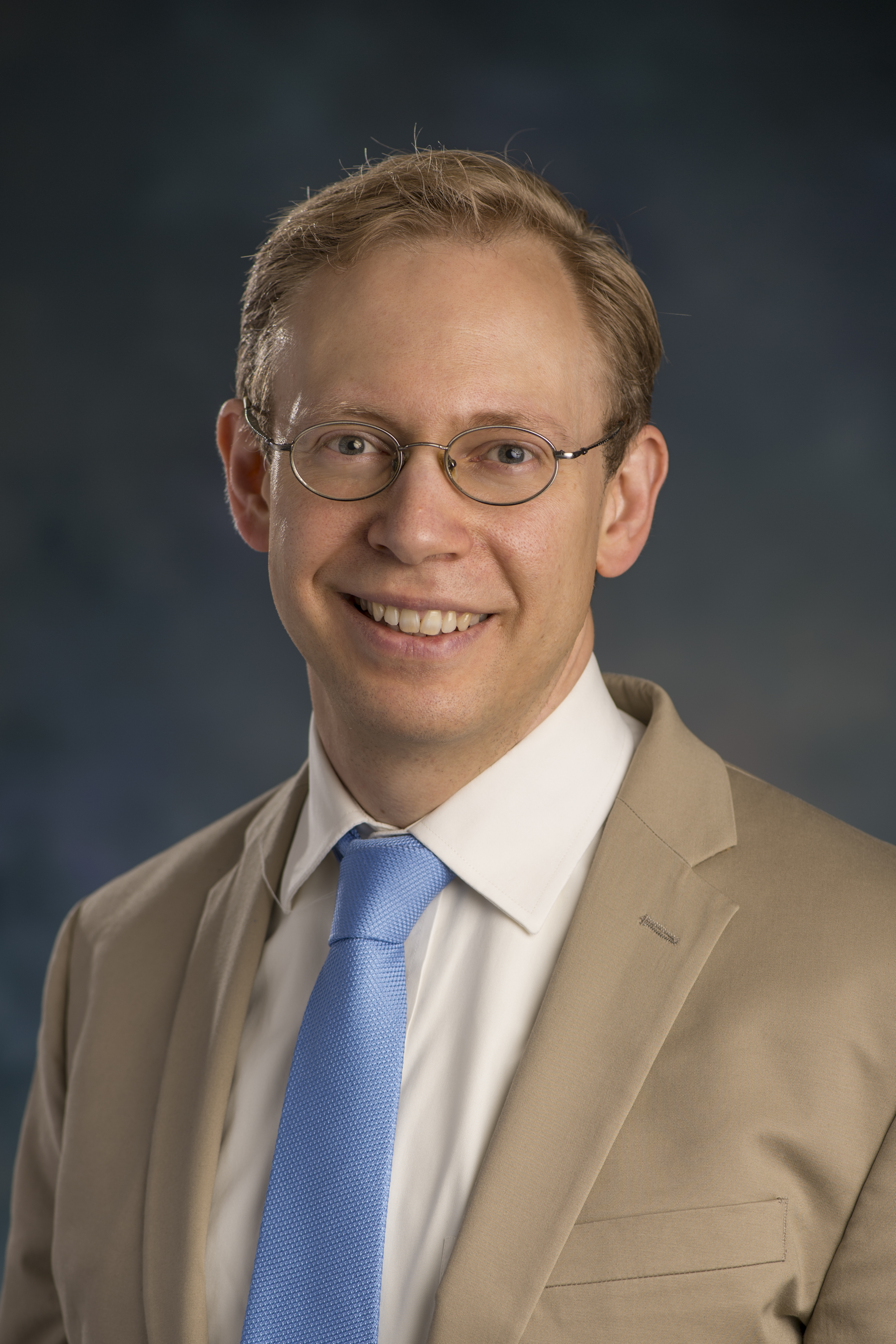Chapter Spotlight: Georgia SSN Collaborates with Civic Group to Fight Local Poverty
“Our focus is on policy research and network-building across the South, so we were excited to support these five scholars as they examine the opportunity for the Southeast Crescent Regional Commission as it starts operations in the coming months…we are pleased to work again with SSN scholars to make research actionable.” - Sarah Beth Gehl, Executive Director, Southern Economic Advancement Project
Driving through backroads in rural Georgia presents a disheartening and sobering reality: this expansive area is cloaked in poverty, driven by a host of economic and racial disparities. It’s a part of the Black Belt – a stretch of land covering 200 counties from Texas all the way to Virginia – that originally got its name due to its rich cotton-growing black soil that made it a center of slavery in the 1800s. After the Civil War, a majority Black population continued to reside on these fertile grounds, and the term took on a different meaning. But to this day, systemic poverty and deep racial disparities haunt the region.
Georgia SSN, mindful of the need for better economic strategies in the area, recently started working with the Southern Economic Advancement Project (SEAP), a civic organization founded in 2019 by Stacey Abrams that partners with policy thinkers and activists committed to improving economic security in the South. And this collaboration is already reaping results: the Georgia chapter just finished co-writing a report of recommendations for structuring the emerging Southeast Crescent Regional Commission (SCRC), which will fight poverty specifically in the Black Belt. Their recommendations were featured as the centerpiece of SEAP’s 2022 BRIDGES Conference on February 17th.

The conference was attended by over a hundred people, including local policymakers, academics, community-based groups, members of think tanks, and other individuals invested in the work of SEAP. Georgia SSN’s presentation was led by chapter leaders Richard Doner (Emory University) and Charles Hankla (Georgia State University), as well as Gloria Tinubu (Tuskegee University), Veronica Womack (Georgia College and State University), and Michael Rich (Emory University).
During their presentation, the group shared research-based recommendations on what issues SCRC must prioritize and what strategies it needs to implement in order to reduce poverty in the region.

To start, they offered an extensive look at the Appalachian Regional Commission – which focuses on economic development for the people of Appalachia – to provide an example of a similar commission with a much longer history (and much more funding), and to contrast the differing needs and opportunities of the two regions.
Chapter leader Charles Hankla shared that one particular recommendation for the Black Belt was to measure which areas have the highest rates of poverty and should therefore receive higher priority by the commission. “We focused on ways to use money, not only to fund particular projects, but to stand up the infrastructure in poorer rural areas,” he said.
And it’s precisely the voices of those living in the worst economic conditions that need to be amplified the most to help decide how that money gets spent. According to both chapter leaders, elected officials and business interests tend to dominate local development, so they encouraged more advisory groups at the local level as an important way to ensure that community voices can play a role in determining what the local needs are.
In addition to their work with SEAP, the Georgia chapter has also recently collaborated with Fair Fight, an organization that takes on the issue of voter suppression in the South. Reflecting on how the Georgia chapter’s collaborations with such civic groups came about, Hankla said:
“One day we decided to make a list of community groups, reach out to them and offer them research. A lot of these groups have connections with the politicians and what they don't have are the resources to have a team of five people who do research for a living, sitting down and writing, focusing on a topic and presenting it so that they can then use that.”
Among that list was SEAP. Chapter leader Richard Doner had been connected with the group through SSN's national office a few years prior and, during his work with Fair Fight, SEAP’s name came up again. He encouraged Hankla to reach out to its executive director, Sarah Beth Gehl. They met for coffee, where Hankla heard about the newly established Southeast Crescent Regional Commission and its interest in finding academics who could come up with solutions to help the region. As a scholar whose expertise is in international poverty, Hankla initially didn’t think he was the right person to take on such a project, but decided to pursue the opportunity anyway: “I said, okay, I don't know anything about that, but we'll figure it out.” He chuckled, adding: “I got a team together with people who did know stuff about that. And, we [he and Doner] did our research on it ourselves and it kind of went from there.”
Gehl shared, “Our focus is on policy research and network-building across the South, so we were excited to support these five scholars as they examine the opportunity for the Southeast Crescent Regional Commission as it starts operations in the coming months…we are pleased to work again with SSN scholars to make research actionable.”
Currently, with their report and presentation completed, the group is in the process of writing a final white paper. SEAP plans to use the group’s recommendations to encourage policy support for anti poverty development in the region.
Learn more about the Georgia chapter here.
